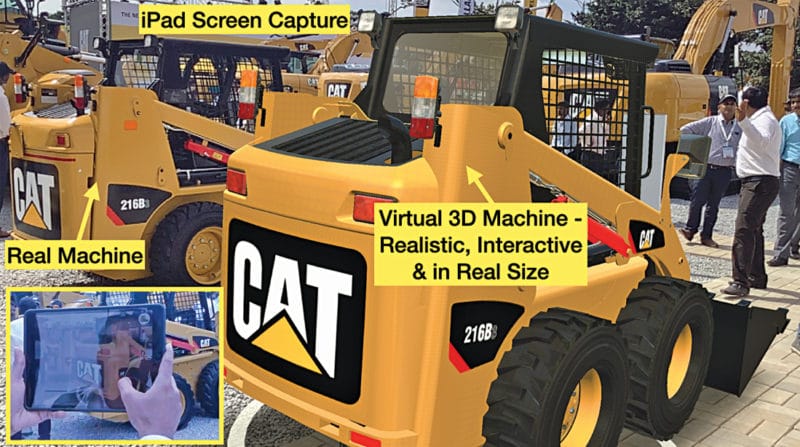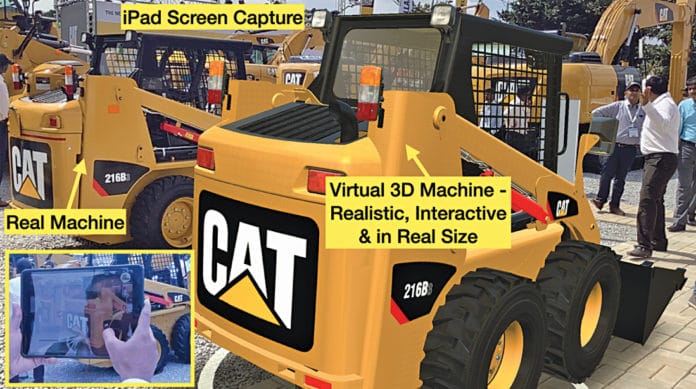Immersive experiences through extended reality (XR) are revolutionising the way people connect and interact with each other and things around them. XR is the umbrella term that binds all spatial computing technologies (augmented reality (AR), virtual reality (VR), mixed reality (MR), and more), which blend real and virtual environments. It holds the potential to address the problems due to distance by providing the ability to visualise things beyond imagination while simultaneously making deeper and more meaningful engagement possible. This is an effective solution for transforming industries in a situation like the Covid-19 pandemic.
Beebox Studios, an IIT Madras incubated startup founded in 2017, works on designing, developing, and providing XR services and solutions across several industry domains with an aim to provide enhanced user experiences. The company mainly focuses on 3D content creation that can be accessed via mobile and Web apps. The team utilised the mixed reality headset Microsoft HoloLens for starting with the development and is well versed with multiple headsets available in market for AR/VR solutions.
The company has digital twin solutions that utilise Industrial Internet of Things (IIoT) as part of Industry 4.0. Digital twins are basically virtual replicas of physical devices created using the information received from the IoT sensors. The digital twin of a real machine can be accessed anytime via devices like smartphones. Data visualisation of machinery driven by IIoT is useful for data analysis, and troubleshooting assists in performing remote monitoring, expert assistance, and predictive maintenance. The visual debugging reduces the time taken for understanding the maintenance issues and significantly saves the cost involved due to the downtime.
Their XR services cater to businesses such as real estate buildings and landscapes, home appliances and furnitures, interior design, medical institutions, and educational institutions. Industrial training to the employees can be given simply through a smartphone app.

Realistic virtual presentations ease learning of complex modules while analytics ensure understanding of outcomes.
For the real estate sector, smartphone/tablet-based AR makes it easy to do things like customising interiors and design as per exact needs, checking electrical circuits and more in the real environment, before actually building the house. This is also useful for sales and marketing when there is no actual product or physical model to showcase. In this case, MR-based interactive 3D showcasing of products using a smart viewing device intrigues the customers much more than generic brochures or videos. Built-in support for data analytics and lead generation enables feedback and ensures improvements.
Some prominent companies such as Caterpillar, Tata projects, Tata Digital, Violin Technologies and AirOK Technologies are the clients of the startup. In collaboration with Mentor Infocomm, they recently deployed an interactive 3D e-way finder for The Madras High Court complex. Although XR brings many opportunities, and the market size is expected to grow exponentially in the coming years, the focus needs to be on maintaining the privacy of customers since all the devices developed for AR and VR use huge amounts of data. Besides, the cost of implementation of XR should decrease over time with demand for investments to grow in the field.











